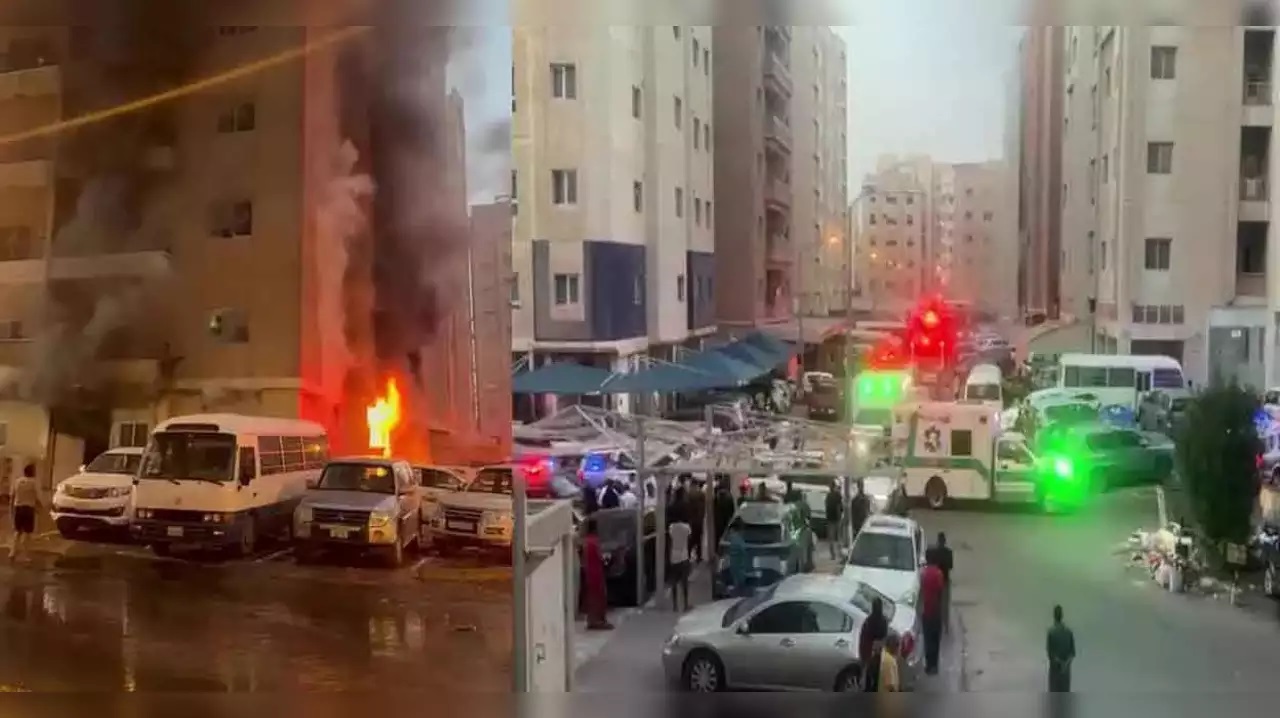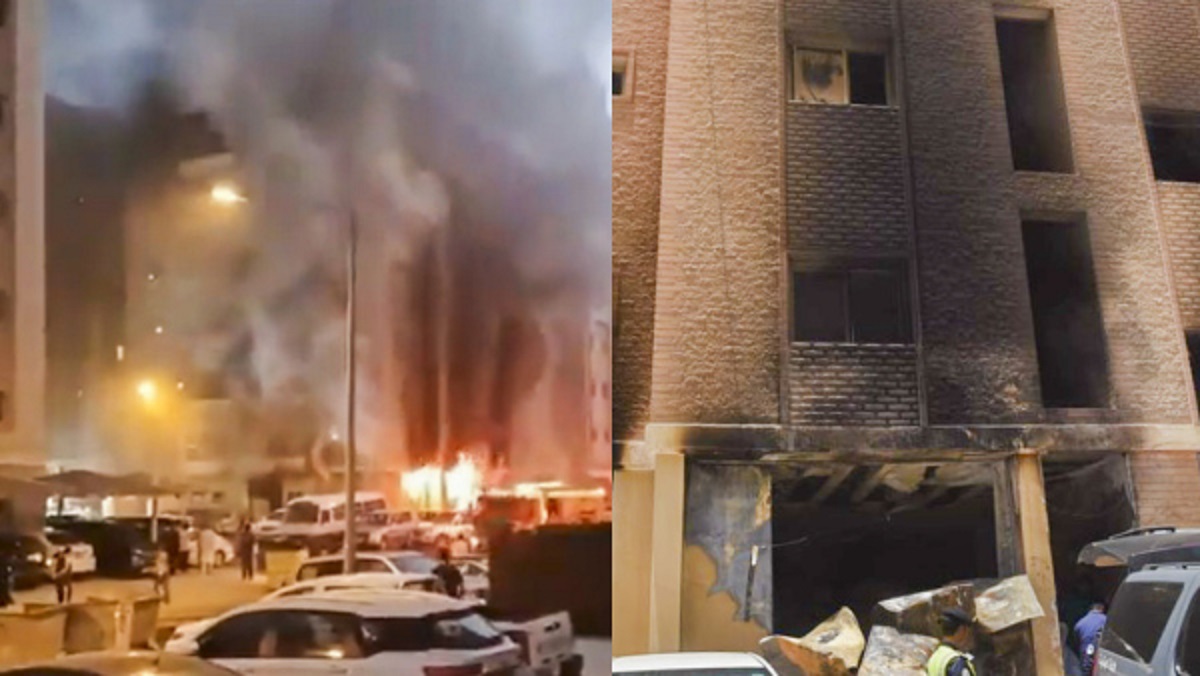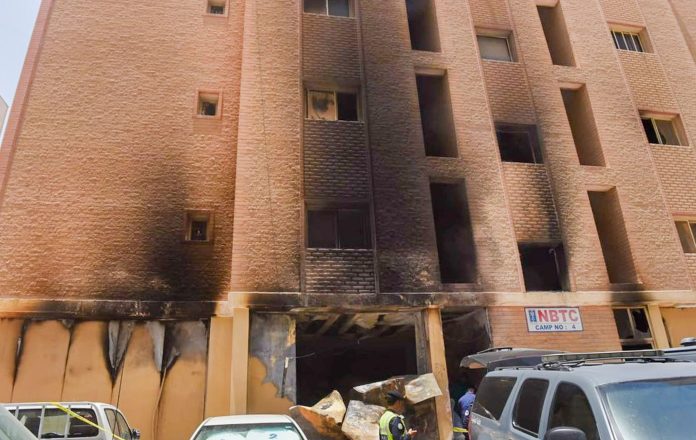- One of the most common tragedies to occur in several Indian cities and urban clusters is fire accidents resulting in the loss of precious lives and properties. Most fire accidents occur due to unscrupulous adherence to the prescribed fire safety norms that should have been otherwise observed with great diligence. The bane of corruption that pervaded every layer of our society needs no further elaboration. Greasing the palms of the authorities concerned with the issuing of fire licenses often results in overruling the visible non-adherence to safety norms. The ease with which any deviation from observing the established safety norms is so rampant that every tragedy occurring from fire could have been avoided in the first place if only we were more scrupulous.

PC: Times Now
- The country has been witnessing a slew of fire accidents in the last few weeks leading to the deaths of innocent lives. Of course, the authorities usually resort to knee-jerk reactions, hastily announce an inquiry, and offer compensation to the victim’s families, pronounce to initiate action against officials for dereliction of duty. The same story repeats whenever any tragedy occurs. The recommendations of the inquiry committees are buried or at the most, a lip-service ensues assuring of initiating necessary action to thwart the tragedy. Since time is the best leveller, the issue gets conveniently forgotten with only the affected family feeling the pinch. No civilized society can allow its citizens to suffer for want of basic safety adherence like fire norms.
- Sadly, this anomaly seems to have spread to overseas countries too where innocent Indians are at the receiving end. Community networks are a crucial enabling factor for Indians to find work across the country and indeed the world. But the Kuwait fire that took 45 Indian lives is a reminder that such networks can also have a dark side. News that the building in which the deaths took place was a fire hazard waiting to explode – from cardboard and plastic being used to partition workers into cramped rooms to doors to the rooftop being locked – was painful enough. A subsequent revelation that an Indian managed the building and employed most of those who died somehow felt worse, and we know why.

PC: OneIndia
- Because this now becomes a case where not only was workplace safety not provided in a foreign country, but an Indian employer also thought Indians didn’t deserve better. Separately, there is the vexed issue of illegal migration, where trusted stories and agents play an even more fraught role. The Kuwait fire reminds us that even migrants are not without tales of desertion, betrayal, and fraud. A public policy that tries to even out all the dingy kinks of human nature will be pointless. The GOI should increase its efforts to ensure safe working conditions for migrant Indian workers, whose numbers are bound to keep going up. Experts suggest a national-level migration database will be useful in this direction. Yes, fire safety standards must be stringently enforced.






